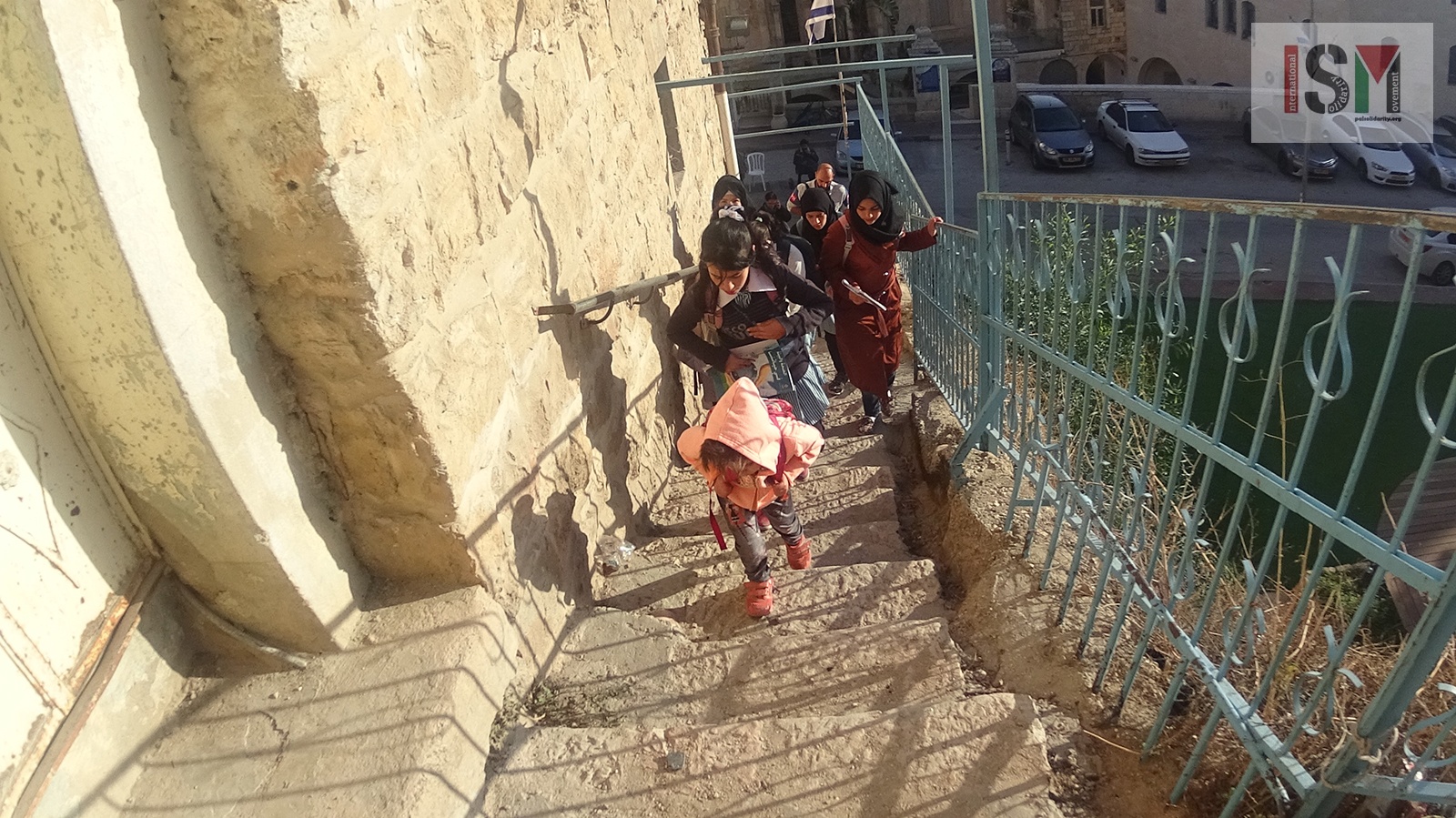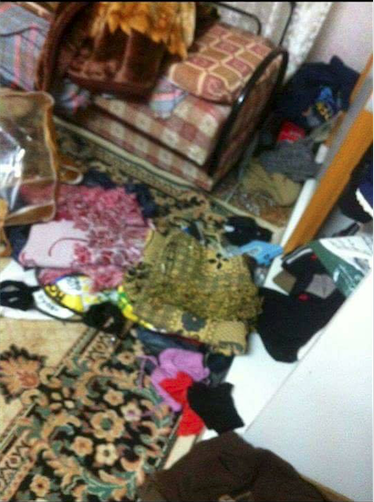-
Night raids continue in al-Khalil (Hebron)
22nd November 2015 | International Solidarity Movement, al-Khalil team | Hebron, occupied Palestine On Tuesday, 17th November, several groups of soldiers raided houses in the Wadi al-Hurriya neighborhood of al-Khalil (Hebron), an H1 district legally outside of Israeli control. From 7.30pm, Israeli forces were present in the area, divided into groups of 7-12 soldiers and […]
-
Israeli forces and settlers increase efforts to force Palestinians out and silence observers
21st November 2015 | International Solidarity Movement, al-Khalil team | Hebron, occupied Palestine Monday 2nd November 2015, Israeli forces again attempted to prevent international observers from monitoring a checkpoint in a flashpoint location in occupied al-Khalil (Hebron). Settlers from the illegal settlements in al-Khalil physically attacked internationals while soldiers where standing idly by watching. As […]
-
Once again, Israeli forces raid Nablus homes
19th november 2015 | International Solidarity Movement, Huwwara team | Tell, occupied Palestine Early morning today, November 19th, at around 1:30 am, Israeli forces raided approximately twenty homes in the village of Tell, Nablus, destroying furniture, televisions and other household items. Mohammed, 73 year old citizen of Tell, describes that soldiers were shooting tear gas, live ammunition and […]
Action Alert An Nabi Saleh Apartheid Wall Arrests BDS Bethlehem Bil'in Cast Lead Demonstration Denial of Entry Ethnic Cleansing Farmers Gaza Global Actions Hebron House Demolition International law Israeli Army Jerusalem Live Ammunition Nablus Ni'lin Prisoner Ramallah Rubber-coated steel bullets Settlement Settlers Settler violence Tear-Gas Canister Video



